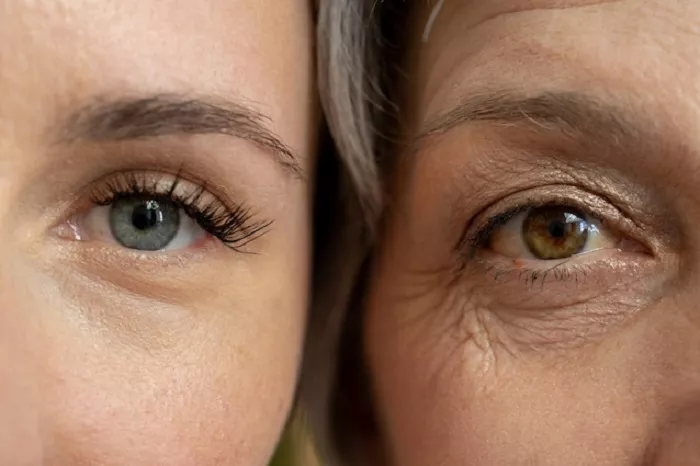Dark circles under the eyes are a common concern that can affect anyone, regardless of age, gender, or ethnicity. Often exacerbated by sleepless nights and prolonged screen time, these unsightly halos can appear as blue or reddish hues beneath the eyes. While they are primarily an aesthetic issue, dark circles can take a toll on self-esteem. This condition is characterized by hyperpigmentation of the skin in the under-eye area, which can be attributed to various factors, including fatigue, hydration levels, and lifestyle choices.
The primary cause of dark circles is the vasodilation of capillaries in the lower eyelid. When individuals are tired or sleep-deprived, blood circulation can stagnate, making chromophores, such as hemoglobin, more visible through the skin. Additionally, the skin in the under-eye area is notably thinner than that in other parts of the face, which can further enhance the visibility of these blood vessels. Dehydration, often a result of inadequate sleep or irregular lifestyles, can make the skin appear dull and exacerbate the appearance of dark circles. As people age, these circles may become more pronounced due to a natural loss of skin tone, hydration, and elasticity, as well as changes in the underlying bone structure.
Other factors contributing to dark circles include the excessive deposition of melanin in the subocular area, which can occur due to genetic predispositions or UV exposure without adequate sun protection. The bone structure around the eye socket can also play a role; a naturally sunken eye can create shadows that accentuate dark circles. Allergies and conditions like atopic dermatitis can lead to inflammation and hyperpigmentation, further complicating the issue. Rubbing the eyes, often a response to irritation, can worsen the appearance of dark circles by causing additional redness and inflammation.
Lifestyle choices significantly influence the presence of dark circles. Insufficient sleep, excessive screen time, alcohol consumption, smoking, and poor dietary habits can all contribute to this condition. These factors can lead to increased inflammation and the release of cytokines, which promote blood vessel dilation and worsen the appearance of dark circles. Understanding the underlying causes of dark circles is essential for developing effective strategies to minimize their appearance and improve overall skin health.
Related topic


